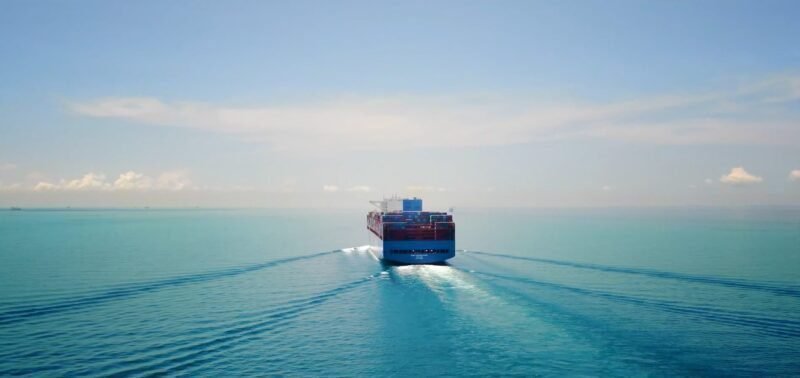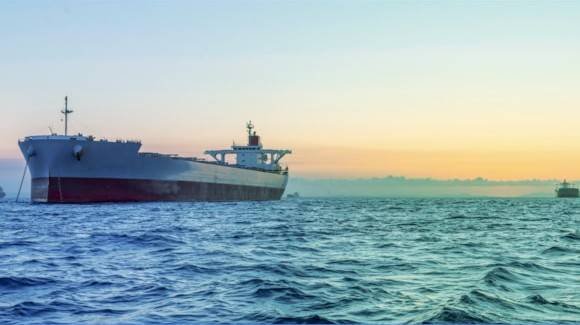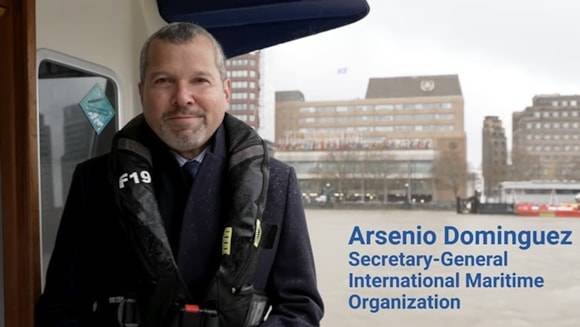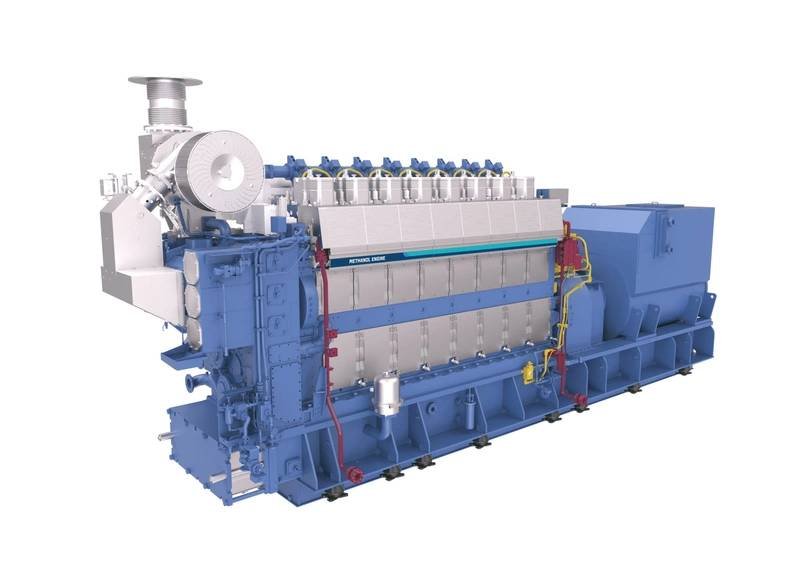In October, the International Maritime Organization (IMO) plans to implement a legally binding framework aimed at reducing greenhouse gas emissions from ships over 5,000 GT, with a target for net-zero emissions by 2050. This framework includes a new fuel standard and a global pricing mechanism for emissions, crucial for achieving interim carbon intensity goals by 2030 and 2040. However, ship operators seeking to decarbonize may face challenges due to limited supplies of sustainably sourced biofuels.
Ethanol, a well-established fuel in the automotive sector, presents a potential alternative for maritime use. It is produced from renewable resources like corn and sugarcane, and its combustion theoretically offsets the carbon emitted by the plants used in its production. NorthStandard anticipates increased ethanol adoption in marine applications as demand for lower-carbon fuels rises in response to regulatory requirements.
Despite its advantages, ethanol poses challenges, such as lower energy density compared to fossil fuels, which could affect vessel performance and operational range. Additionally, ethanol’s corrosive nature necessitates specialized infrastructure and engine modifications. Safety concerns, including its low flashpoint and toxicity, require comprehensive crew training and emergency preparedness. As the IMO develops guidelines for alternative fuels, ethanol could play a significant role in maritime decarbonization efforts.


















